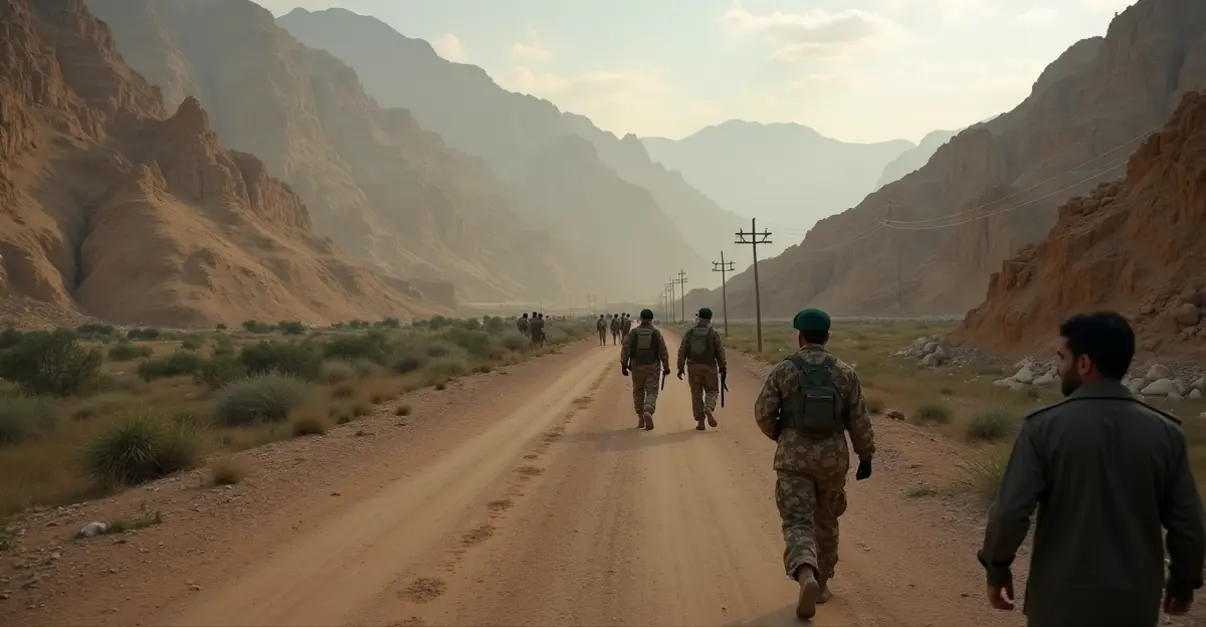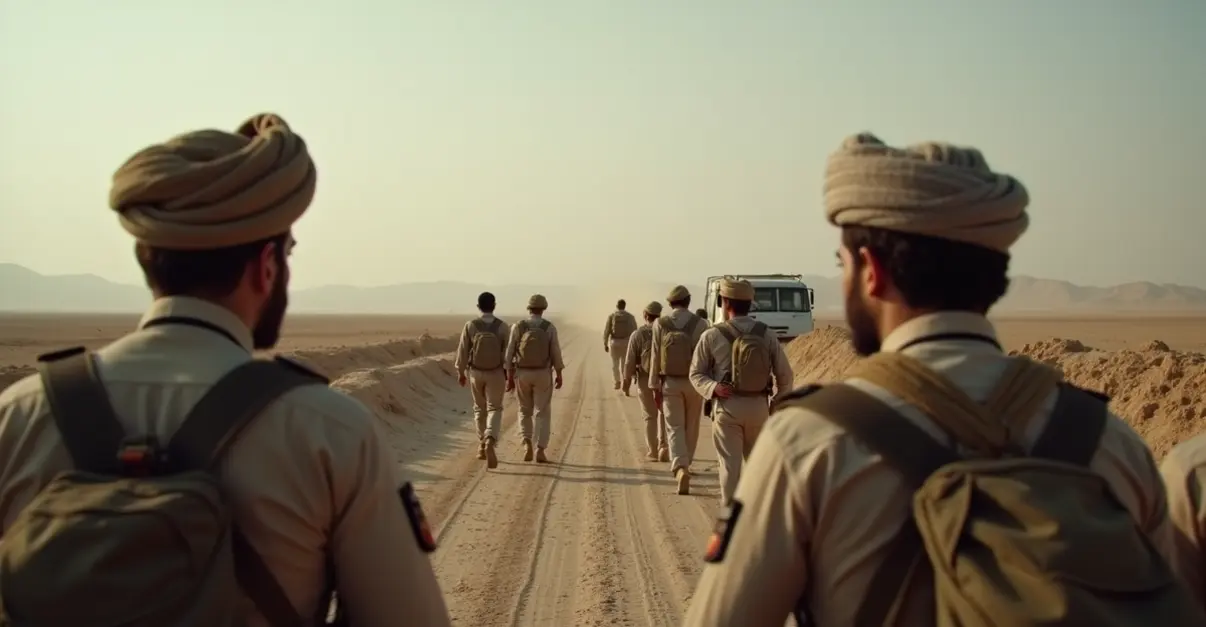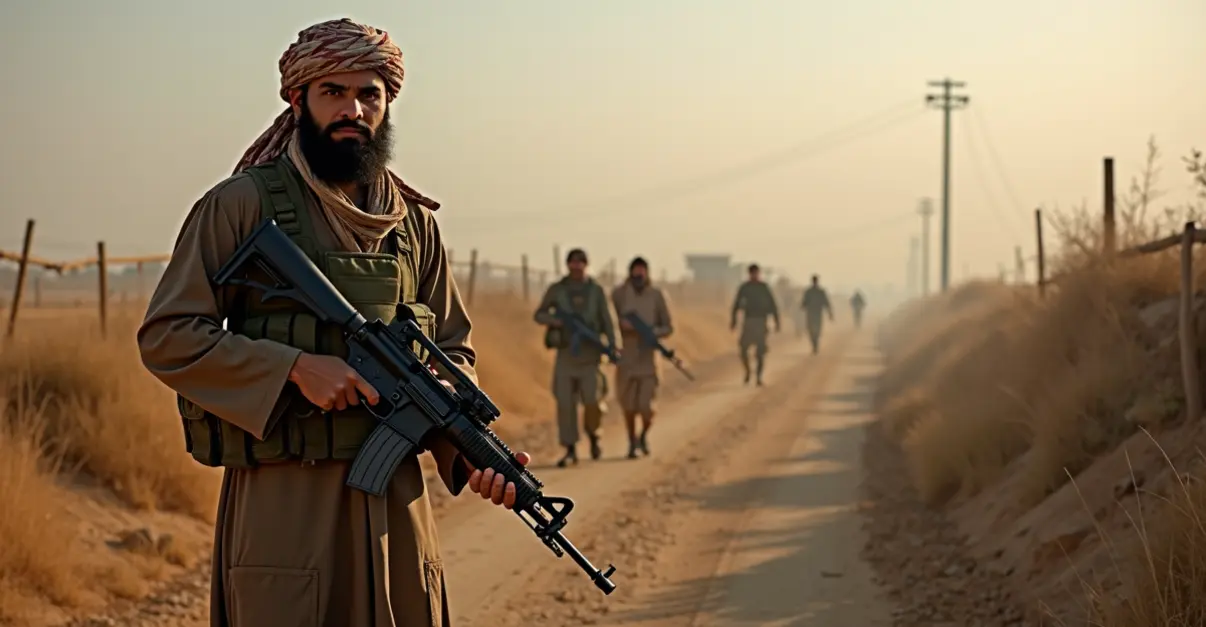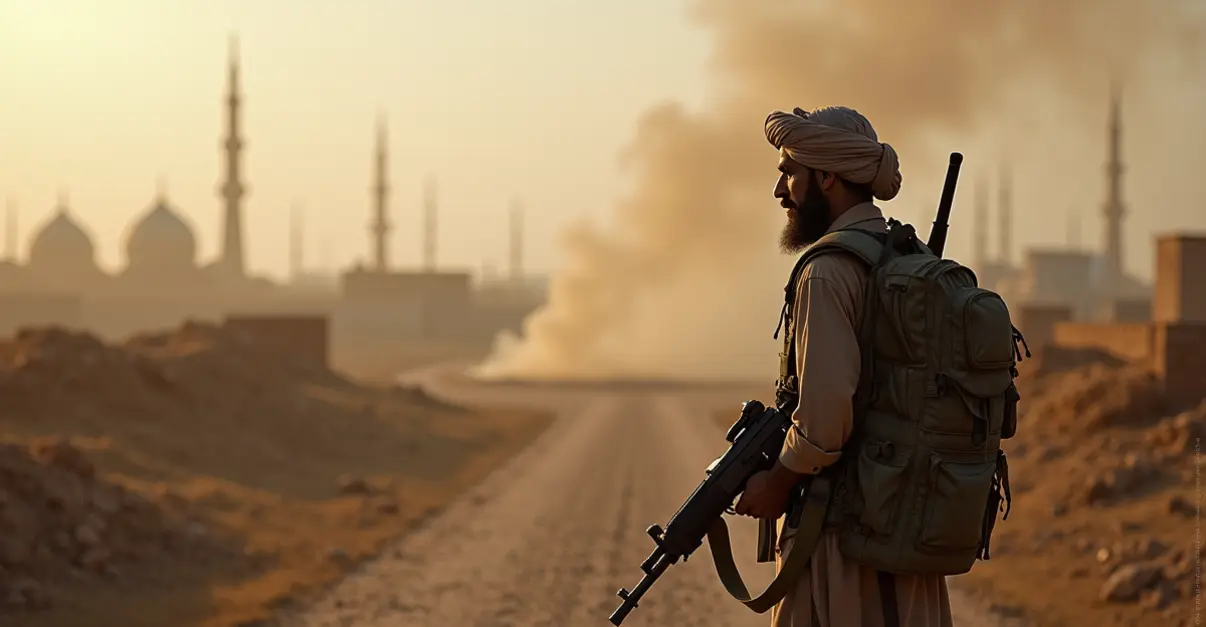Deadly Border Conflict Escalates Between Neighbors
Pakistan and Afghanistan have engaged in one of their most serious border clashes in recent years, resulting in hundreds of reported casualties and raising fears of wider regional conflict. The fighting erupted along multiple points of the disputed 2,640-kilometer Durand Line border, with both sides claiming significant military gains and heavy enemy losses.
Conflicting Casualty Claims
The Afghan Taliban government claims to have killed 58 Pakistani soldiers and captured 25 border posts in what they describe as retaliatory operations. Taliban spokesman Zabihullah Mujahid stated during a press conference that 'Afghan forces successfully conducted retaliatory operations along the border in response to violations of our territory and airspace by Pakistan'. Meanwhile, Pakistan's military claims to have killed over 200 'Taliban and Taliban-affiliated terrorists' while acknowledging the death of 23 of its own soldiers.
The conflicting casualty figures highlight the difficulty in verifying information from the remote border regions. 'Both sides tend to inflate these numbers to make the impact of such attacks appear greater', noted Zouth-Asia correspondent Devi Boerema in her analysis of the situation.
Root Causes of the Conflict
The immediate trigger for the escalation appears to be Pakistan's alleged airstrikes in Kabul and eastern Afghanistan earlier this week, which the Taliban government blamed on its neighbor. Pakistan has not claimed responsibility for these strikes but has long accused Afghanistan of harboring Tehrik-e-Taliban Pakistan (TTP) militants who launch cross-border attacks.
Pakistan's Interior Minister Mohsin Naqvi condemned the Afghan attacks as 'unprovoked' and accused Afghan forces of firing on civilians. 'The shooting by Afghan forces on civilians is a flagrant violation of international law. Afghanistan is playing a game of fire and blood', Naqvi stated.
Regional Diplomacy and Ceasefire
The situation prompted immediate diplomatic intervention from regional powers. Qatar and Saudi Arabia both called for restraint and dialogue to prevent further escalation. The Qatari foreign ministry expressed concern about 'the tension at the border between Pakistan and Afghanistan and the consequences it may have for security and stability in the region' in a statement on X.
According to Taliban officials, the fighting was halted around midnight following requests from Qatar and Saudi Arabia. However, the underlying tensions remain unresolved, with Pakistan's foreign ministry warning that 'Afghanistan will receive an appropriate response, just like India' in a post on X.
Border Closures and Economic Impact
The conflict has led to the closure of multiple border crossings, including the strategically important Torkham crossing which lies on a major trade route between the two countries. The Chaman crossing in southwestern Pakistan has also been closed, along with three smaller crossings at Kharlachi, Angoor Adda, and Ghulam Khan according to Reuters sources.
These closures disrupt vital trade and movement between the neighbors, potentially affecting regional economies already strained by political instability and security concerns.
Broader Regional Implications
The timing of the conflict coincides with Afghan Foreign Minister Amir Khan Muttaqi's visit to New Delhi, where he is working to strengthen ties with India. This development is particularly sensitive for Pakistan, which has traditionally maintained closer relations with the Taliban government.
'With weapons from China and support through a new security pact with Saudi Arabia, Pakistan feels strengthened in the region and a new attack on Afghanistan cannot be ruled out', observed correspondent Boerema, highlighting the complex geopolitical dynamics at play.
The border clashes represent a significant deterioration in relations between the former allies and underscore the ongoing challenges of border security, counter-terrorism cooperation, and regional stability in South Asia.

 Nederlands
Nederlands
 English
English
 Deutsch
Deutsch
 Français
Français
 Español
Español
 Português
Português










